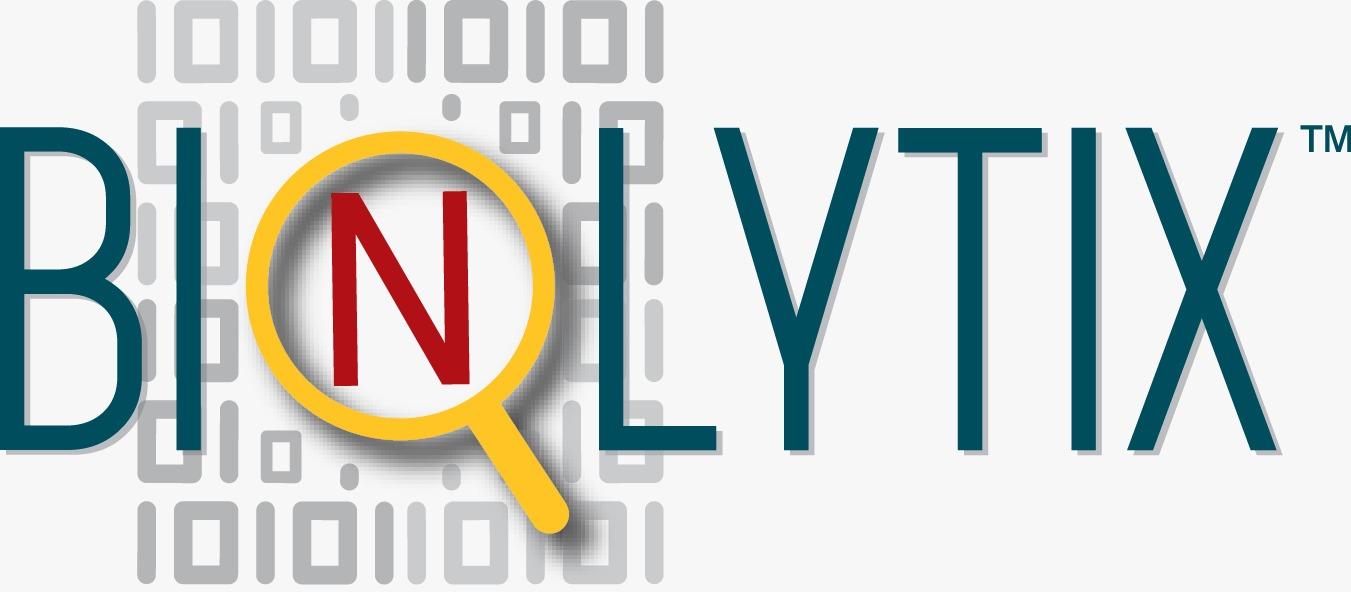In the dynamic and fast-paced world of software development, having the right set of tools can make all the difference between a smooth development process and a chaotic one. In this blog, we'll explore the various types of software development tools that empower developers to write better code, collaborate effectively, streamline workflows, and deliver high-quality software products.
If we want users to like our software, we should design it to behave like a likable person.
Integrated Development Environments (IDEs)
Integrated Development Environments, or IDEs, are comprehensive software applications that combine code editing, debugging, and build tools into a single integrated platform. They offer developers a centralized environment to write, test, and deploy code efficiently. Popular IDEs like Visual Studio, Eclipse, and IntelliJ IDEA support multiple programming languages and come with advanced features like code completion, syntax highlighting, and version control integration.
Code Editors
Code editors are lightweight tools designed for developers who prefer a more minimalist approach. Unlike IDEs, code editors focus primarily on code editing features without the additional bulk of built-in debugging or collaboration tools. Examples include Visual Studio Code, Sublime Text, and Atom. These editors often support extensions that allow developers to customize their environment based on their specific needs.
Version Control Systems
Version control systems (VCS) play a crucial role in collaborative software development. They enable teams to track changes to the codebase, manage different versions, and facilitate seamless collaboration between team members. Git is the most popular distributed version control system used today, while platforms like GitHub and GitLab provide hosting and collaboration services for Git repositories.
Project Management Tools
Effective project management is essential for successful software development. Project management tools like Jira, Trello, and Asana help teams plan, track progress, assign tasks, and manage deadlines. These tools also enable stakeholders to communicate efficiently and prioritize work effectively.
Continuous Integration and Continuous Deployment (CI/CD) Tools
CI/CD tools automate the process of integrating code changes, running automated tests, and deploying the application to production. They enable developers to release software frequently and reliably. Popular CI/CD tools include Jenkins, Travis CI, and CircleCI.
Testing Frameworks
Testing is a critical part of software development to ensure the quality and reliability of the code. Testing frameworks like JUnit (for Java), Pytest (for Python), and Mocha (for JavaScript) help developers write and run automated tests, making it easier to catch and fix bugs early in the development cycle.
Bug Tracking Systems
Bug tracking systems, also known as issue tracking systems, help development teams track, prioritize, and resolve software issues reported by users or discovered during testing. Tools like Bugzilla, JIRA, and YouTrack allow developers to manage bug reports effectively and ensure that no issues slip through the cracks.
Conclusion
The world of software development tools is vast and ever-evolving. Each tool serves a specific purpose, and the right combination can significantly enhance productivity, collaboration, and the overall development process. By leveraging these software development tools, developers can focus on what they do best – crafting exceptional software solutions for the world to enjoy.





